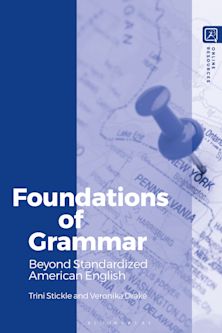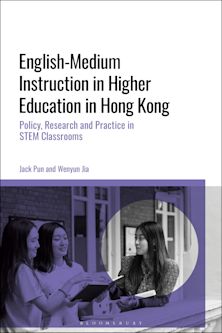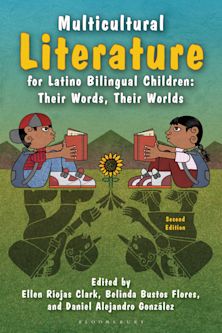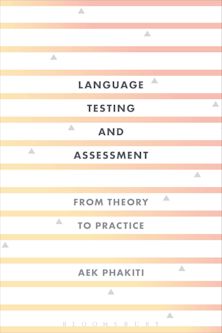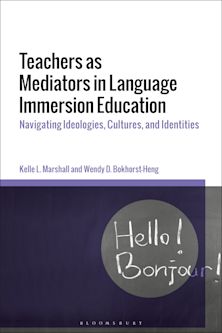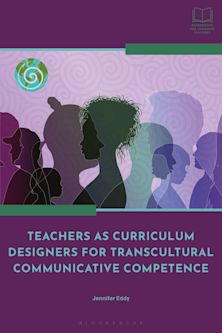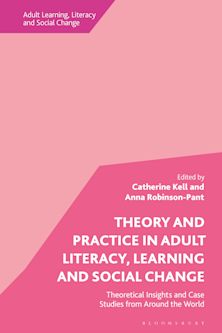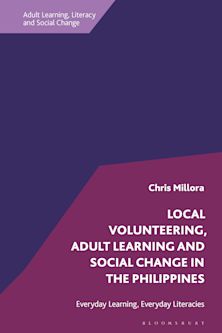Latin America Writes Back
Praxiologies in Language Education
Latin America Writes Back
Praxiologies in Language Education
Description
In Latin America, and other historically exploited former colonies, people were told to unlearn their language and culture in order to acquire what some privileged voices classify as “valid” or “legitimate” ways of thinking.
Throughout history, various teaching approaches and methodologies have emerged, each bringing unique insights to foreign language classrooms all over the world. These methods have played a pivotal role in shaping language pedagogy, enhancing learners' experiences, and fostering communication in an increasingly interconnected world. As societies become aware of the need for cultural inclusivity and equity, educators are recognizing the importance of adopting praxiologies that honor diverse languages and perspectives.
In the last couple of years, language educators have seen an unprecedented expansion of discussions related to the questioning of naturalized practices in language education. Nowadays, these questions are the core of language teacher education programs in Latin America. Educators have developed and implemented another way experiencing and assessing language education; one that is not focused on the mere application of predetermined methods and techniques, but that is born from-and sensitive to-the local contexts, and which considers context-dependent struggles, hopes, needs, and agency (or lack thereof). In such a manner, the concept of praxiologies seems to be central, as understood by Paulo Freire as the inseparable connection between action and reflection. In the context of Latin American language education, praxiologies refer to the constant action-reflection that extends beyond the implementation of pre-determined methods and techniques created by those who have never interacted with the local contexts.
Table of Contents
Introduction, Juliana Reichert Assunção Tonelli, Karina Oliveira de Paula, and Alex Alves Egido
Part 1: Latin America and Language Teaching in Early Childhood
1. Ideological Clarity for English Language Teachers in Paraguay, Valentina Canes, (Universidad Nacional de Asunción, Paraguay) and Christian Faltis (Texas A&M International University, United States)
2. The National English Program in Mexico: Perspectives from EFL Young Learner Language Teachers, Elsa Fernanda González (Universidad Autónoma de Tamaulipas, México), Xochitl Gómez-Cordero (Universidad Autónoma de Tamaulipas, México), and Norma Alicia Vega-López (Universidad Autónoma de Tamaulipas, México)
3. “We Don't Need Another Hero”: Valuing Ongoing Local Praxiologies in the Teaching of English to (Very) Young Learners in Brazil, Alex Alves Egido (Federal University of Maranhão, Brazil) and Juliana Reichert Assunção Tonelli (State University of Londrina, Brazil)
Part 2: Latin America and Language Teaching in English Teachers' Education
4. Teaching as Identity Performance, Gabriel Díaz Maggioli
5. Language teaching and other pedagogies in the context of migration and refugee situations in Brazil: The Role of Civil Society Organizations, Lívia Márcia Tiba Rádis Baptista (Federal University of Bahia, Brazil) and Rafaela Santos de Souza (Federal University of Bahia, Brazil)
6. Breaking Silences: Poetic Reflections on Liberation in the Brazilian American Classroom, Karina Oliveira de Paula(Texas Tech University, United States)
7. The Education of English Teachers in Brazil: Transforming a Foreign Language into an Object of Knowledge and of Critical Reflection, Lucas Araujo Chagas (Mato Grosso do Sul State University, Brazil) and Paola Barbosa Dias (Mato Grosso do Sul State University, Brazil)
8. Universities, Teacher Education Programs, and Coloniality in Latin America: The Need For Disruption and Alteration in Research, Yamith José Fandiño Parra
9. Deconstructing the Curriculum: A Postmodern Critique of Language Teacher Education Programs in Ecuador, Jardel Coutinho dos Santos and Alina Martínez Hernandez
Product details

| Published | 30 Oct 2025 |
|---|---|
| Format | Ebook (PDF) |
| Edition | 1st |
| Extent | 224 |
| ISBN | 9798216201397 |
| Imprint | Bloomsbury Academic |
| Illustrations | 8 bw illus |
| Publisher | Bloomsbury Publishing |
Reviews

ONLINE RESOURCES
Bloomsbury Collections
This book is available on Bloomsbury Collections where your library has access.













